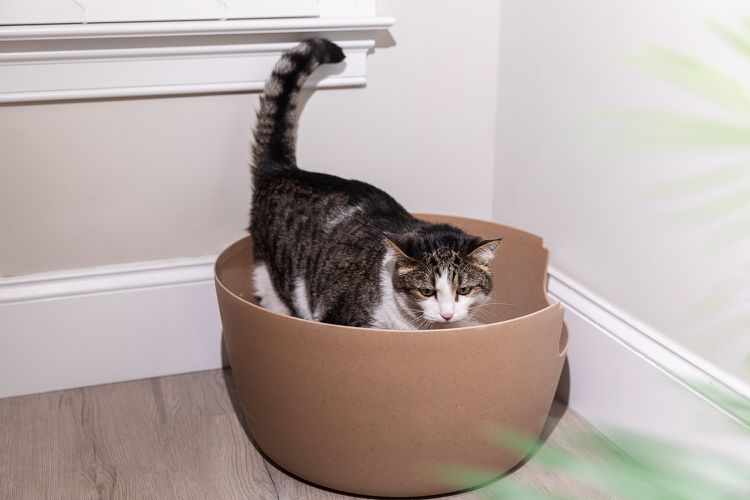
Covering poop is a normal cat behavior, right? Not necessarily. Wild cats that bury their excrement do so for basically two reasons: One is to keep their presence unknown from possible predators. The other is to show that they are not challenging more dominant cats. These more dominant cats rarely bury feces, and often leave waste on grassy tussocks that elevate and make it even more prominent.
So, it seems the only reason for a domesticated cat to bury its poop is if there is a dominant cat in the house. However, burying excrement is a very natural cat behavior. Why then is your cat not doing it?
Humans have encouraged the behavior in our pet cats, by selectively choosing (and breeding) the ones that are “clean.” Cats that leave their excrement uncovered for the world to admire are not abnormal—they’re just being cats.
If your kitty has always dug-and-covered as normal litter box behavior, and suddenly makes a statement with uncovered poop, ask yourself what else has changed. This may be the cat’s way of sending a smelly signal to other cats (or even a stray hanging around outside the window) that the territory is owned.
In the wild, dominant cats (including jaguars, leopards, lions, and tigers) that are competing for territory don't bury their feces, sending a message that they are declaring that spot as their own. A domesticated cat may choose to not bury their poop to let other cats—or their owner—know "I am here." Even if a cat has lived in the same place for a while, he may not feel it is his territory. The smell of their poop shows that particular cat's presence.
Cats that choose not to cover, or leave a deposit outside the box, may simply be doing what comes naturally. Although burying feces is generally a modeled behavior from the mother cat, some cats actually never learn to do this. Separately, roaming kitties may use unburied waste as another form of marking.
When it comes to litter boxes, size does matter. Maybe your cat's litter box is too small for them to turn around inside to bury the poop. And, as the saying goes, cats can be finicky—perhaps your cat doesn't like the feel of the cat litter, or the box is too dirty, and they would rather not spend any extra time in there. If you suspect one or both of these things could be true, give a new brand of litter a try, or upgrade to a larger litter box.
There aren't any specific diagnoses that would cause your cat to not bury their poop, but if your cat is experiencing some kind of pain or discomfort—whether in their paws, while going to the bathroom, or just in general—that could deter them from spending more time in the litter box. Also, cats who have been declawed recently could choose to skip the burying process.
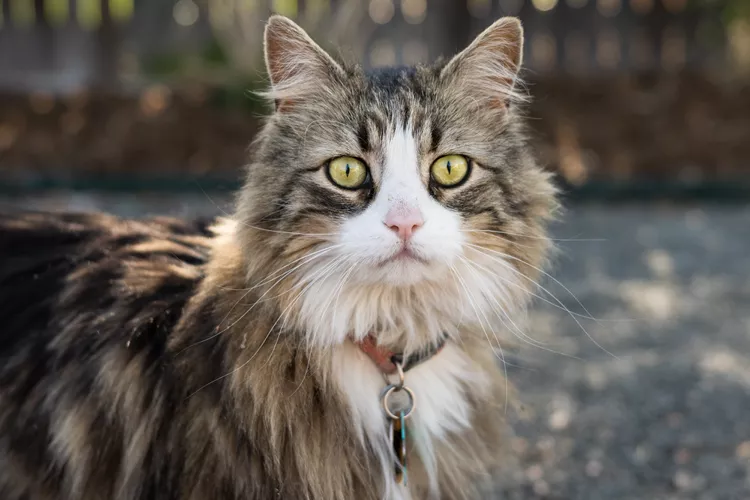
75 Unisex Cat Names
Our gender neutral cat names perfect for your feline friend, with a diverse selection of fun and inclusive options to fit your pet's disposition.
Why Does My Cat Stink?
Is your cat stinky? Find out about the causes of bad odors in cats and when it is something to be concerned about. Learn how to help your stinky cat.
Signs of Rabies in Cats
Rabies is a fatal and contagious virus that can affect cats. Learn about the signs of rabies in cats and what to do about them.
Can Cats Eat Dog Food?
Can cats eat dog food? In small amounts, it's unlikely to be a problem, but long-term feeding of dog food to cats can cause health issues and malnutrition.
Exploring the Different Types of Pet-Friendly Beaches
Are you looking for pet-friendly beaches? Learn about the different types of pet-friendly beaches, their locations, and tips for visiting them with your pet.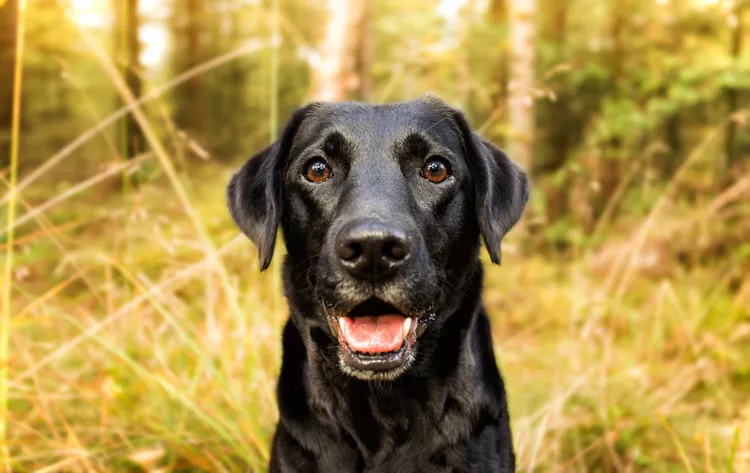
Pulled Muscles in Dogs
A pulled muscle is one of the most common injuries seen in dogs. What can you do if your dog pulls a muscle and how can you prevent it?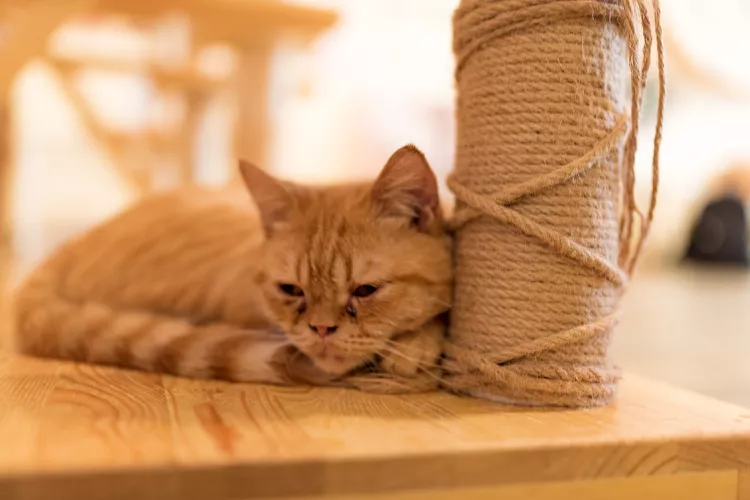
Fibrosarcoma in Cats
Fibrosarcomas are potentially fatal soft tissue tumors that can occur in cats. Learn the causes, treatment, and prevention.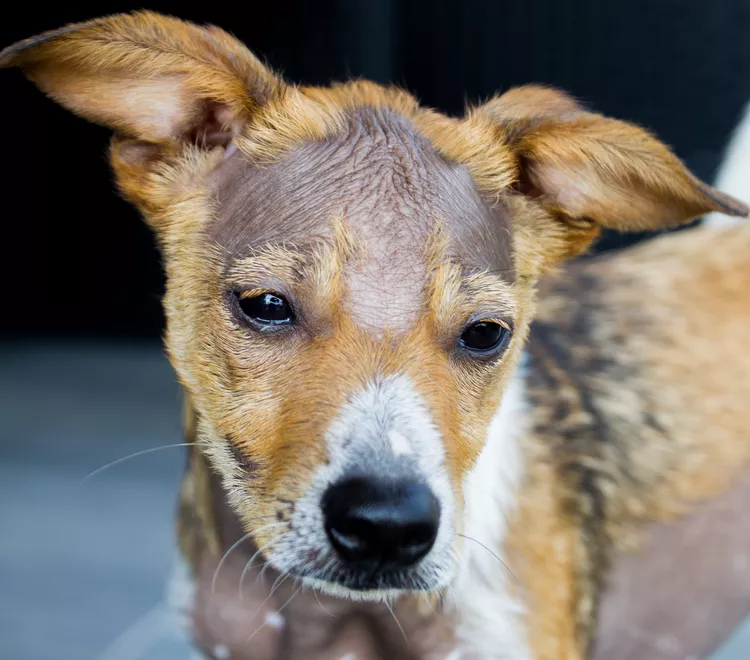
Alopecia in Dogs
Alopecia leads to hair loss and bald spots in dogs. Some breeds may be more at risk. Learn common causes, treatment, and prevention of dog alopecia.
Is Acetaminophen Safe for Dogs?
Acetaminophen is used by humans for pain and fever relief, but is it safe for dogs? Here's what you need to know before giving your dog acetaminophen.
Can Dogs Eat Almonds? Understanding the Risks and Guidelines
Can dogs eat almonds? While a couple likely won't hurt, it's best to avoid feeding your dog this nut. Learn the risks here.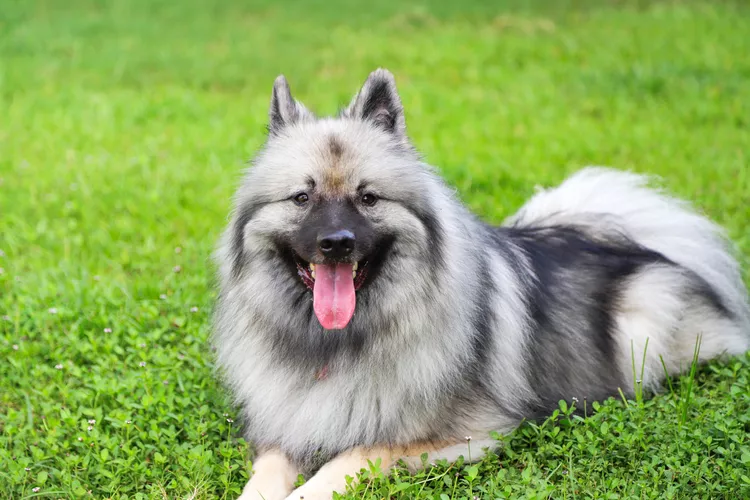
Keeshond: Dog Breed Characteristics & Care
Learn about the keeshond dog, also known as the Dutch Barge Dog. This fluffy spitz breed was bred to guard, but also makes a friendly companion.
Is Rosemary Safe for Dogs?
Rosemary is used both for cooking and as a supplement with many reported health benefits in people, so you may be wondering if it is safe to give to your dog. Rosemary is considered non-toxic for dogs but with some caveats.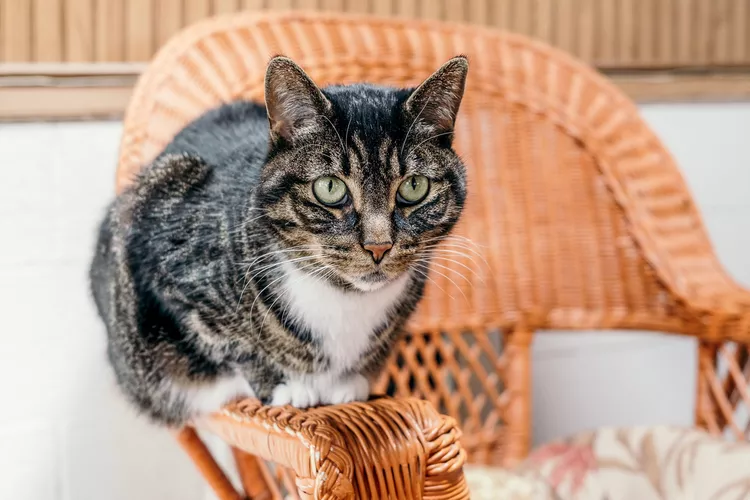
7 Hybrid Cats Breeds
Hybrid cat breeds can make appealing pets since they look more exotic than domestic house cats, but they aren't for everyone.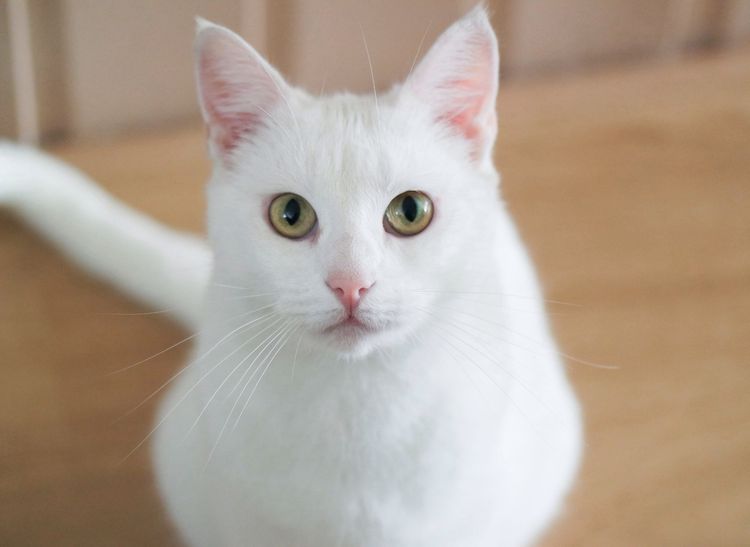
The Best White Cat Breeds to Keep as Pets
Several breeds can result in white cats with long or short hair. Find out the pros and cons of these white cat breeds.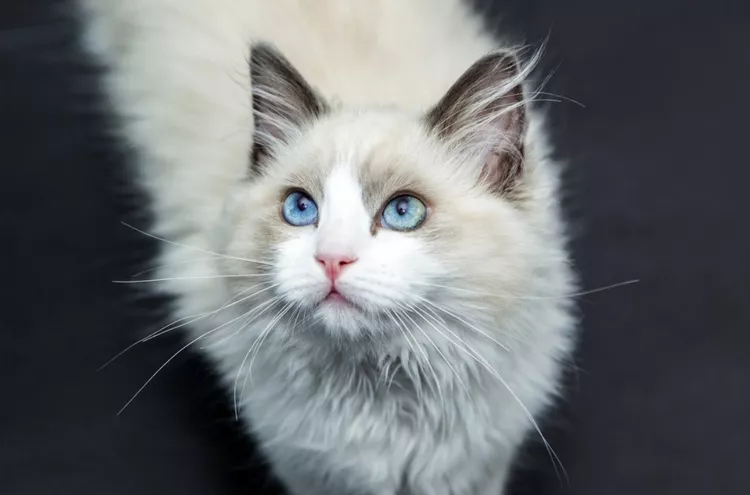
11 Cute Pictures of Ragdoll Cats
Ragdoll cats are known for their beautiful coats and bright, blue eyes. Learn all about the breed, and check out some cute pictures here.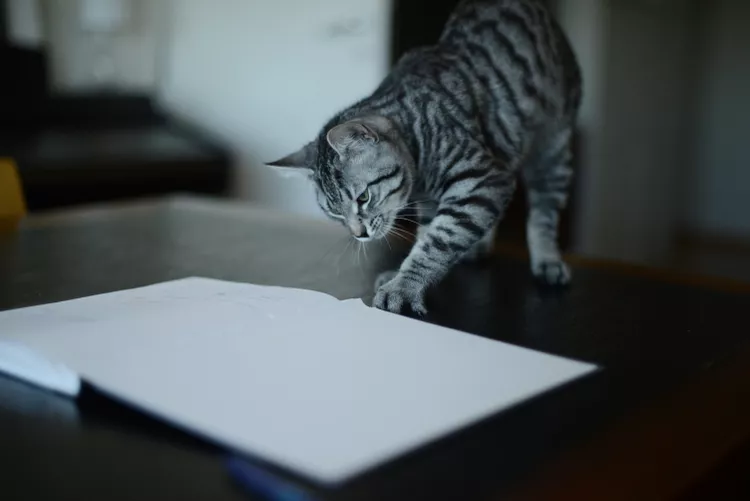
7 Reasons Why Your Cat Eats Paper, and How to Stop It
Is your cat eating paper? Learn why your cat is doing this, and find out how to put a stop to it.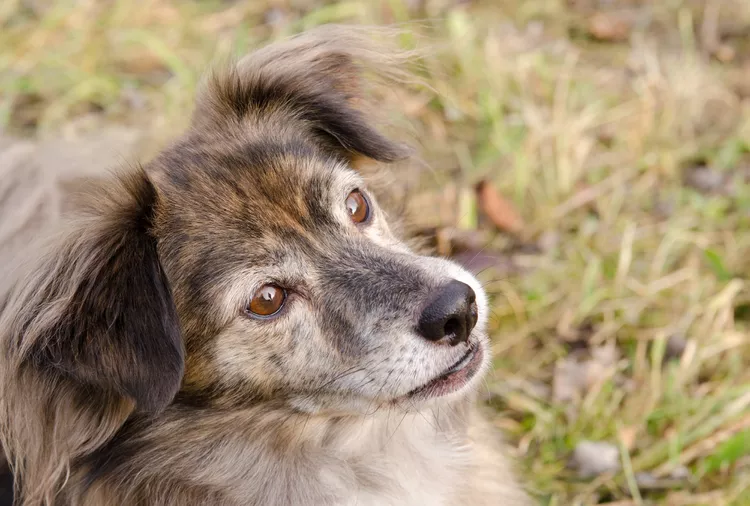
Feist: Dog Breed Characteristics & Care
Feists are small, short-haired dogs developed to hunt squirrels and catch vermin. These high-energy, affectionate pooches make great companion animals.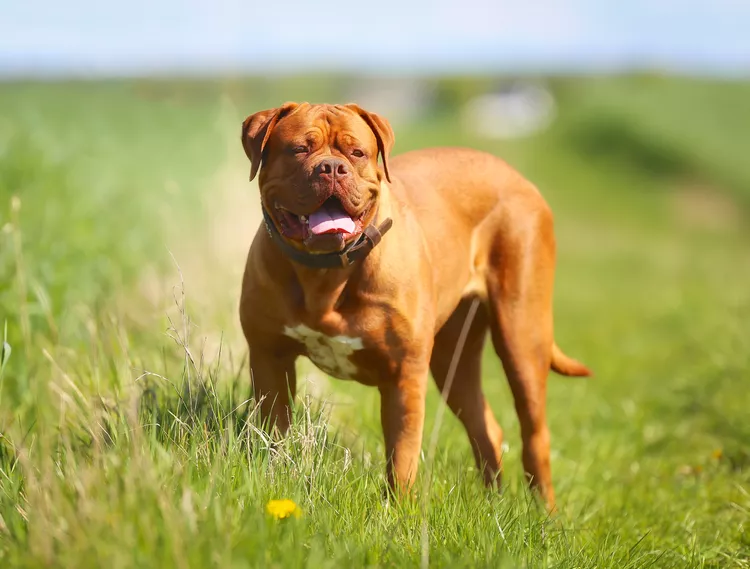
Dogue de Bordeaux (French Mastiff): Dog Breed Characteristics & Care
Learn about the Dogue de Bordeaux, also called the French mastiff. Although large and muscular, they’re known for their calm and gentle personality.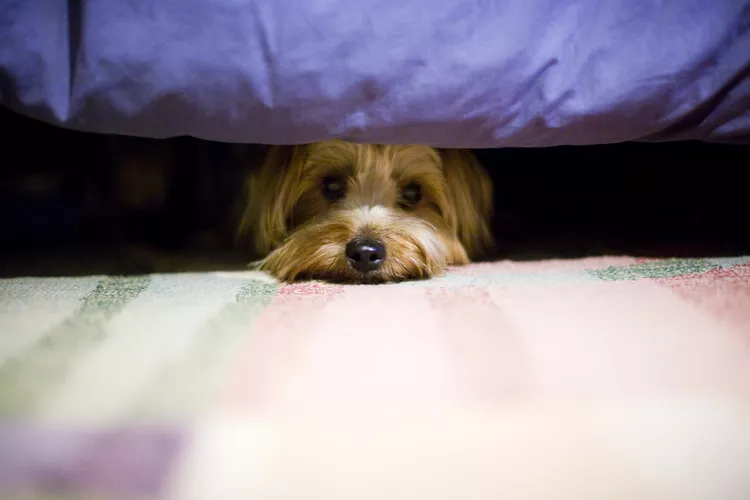
How to Stop Your Dog From Fearing Men
Many dogs have a phobia of men. Learn how to help your dog overcome its fear through desensitization and training while keeping everyone safe.
Why Dogs Eat Poop and How to Stop Them
Is your dog eating poop? Some dogs do this because of stress or illness. Learn how to prevent stool eating, or coprophagia, in dogs.